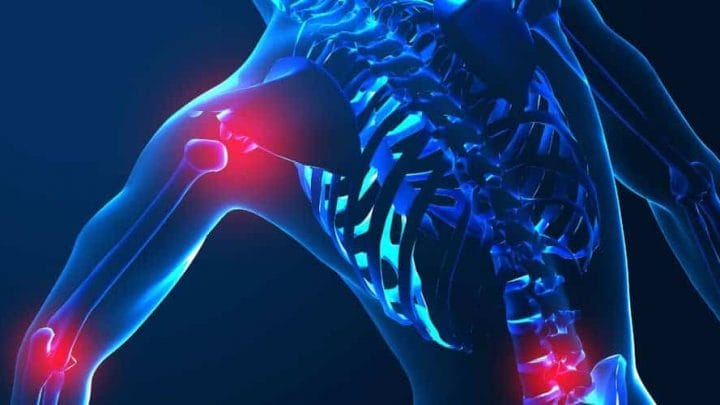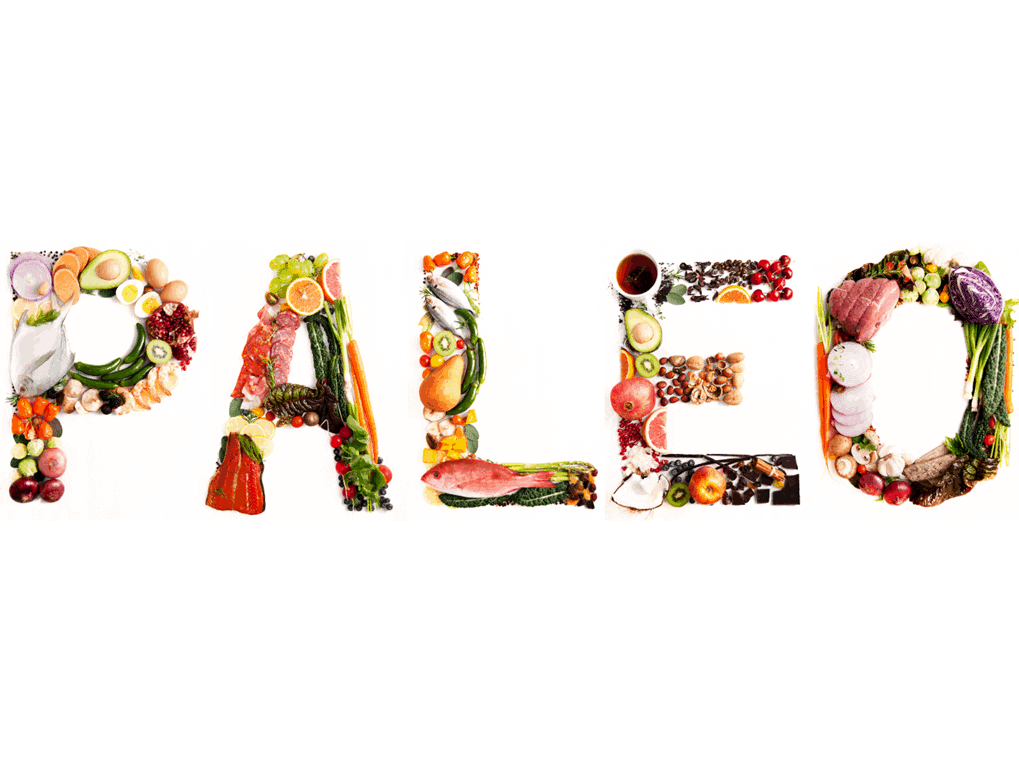
paleo diet – rules, benefits. Can everyone follow it?
Text verified by dietician Aleksandra Dziura, M.D.
The paleo diet is currently the most popular weight loss diet. It is based on the prehistoric way of eating, and its basis is meat and fish, because it assumes providing the body with a large amount of protein. What are the principles of the paleo diet, where it comes from and is it safe for everyone?
Contents
paleo diet – characteristics
The paleo diet is considered to be a diet, which supports the prevention of diseases, which people in the old days did not suffer from. It is based on eating products that are as little processed as possible. It refers to the paleolithic diet, which was used by ancient people who ate only what they managed to gather or hunt.
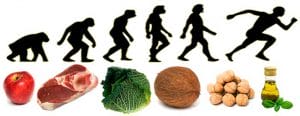
Some scientists claim that it is to the paleo diet that we are genetically predisposed and consider it one of the healthiest. However, Paleo will definitely not appeal to vegans, as its main ingredient is meat. On the paleo diet menu you will also not find products that are nowadays commonplace for us, such as bread or dairy products.
See also: Ketogenic diet – will it help you lose weight?
paleo diet – rules
The principles of the paleo diet are simple and easy to remember.
- Limit grains, sugars and refined oils;
- increase the amount of vegetables, fruits, meat, fish, eggs and nuts;
- reduce the amount of dairy and legumes.
The main idea of the paleo diet is to eat according to how primitive people ate. This is to introduce a way of eating that was supposed to be as natural as possible for humans, so we avoid processed foods.
The paleo diet – what can you eat?
The purpose of the paleo diet is to adapt the menu to the diet of our ancestors. However, nowadays it is not quite possible, so the products recommended in this diet, are in line with the nutritional possibilities of the 21st century. These are:
- eggs;
- nuts;
- seafood;
- seeds;
- unrefined oils such as coconut oil;
- poultry meat (preferably from organic production);
- venison;
- fish: herring, salmon, tuna, trout, cod, halibut;
- fruits and vegetables (except for those with a high content of starch), which are rich in necessary vitamins and minerals.
paleo diet – what to avoid?
In the paleo diet you should mainly exclude products such as:
- refined oils;
- salt;
- dairy products (kefir, yogurt, cheese);
- vegetables with a lot of starch;
- cereal products (groats, pasta, bread, oatmeal);
- products containing refined sugar;
- legumes;
- fast food.
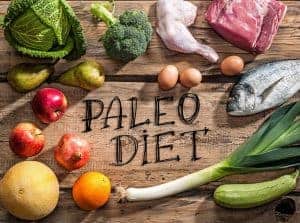
Despite eliminating a large number of products, the paleo diet can be varied and tasty. It is important that it contains:
- large amounts of animal protein;
- carbohydrates mainly from vegetables and fruit;
- plenty of fiber, including from low-starch fruits and vegetables;
- healthy fats in moderation and an optimal content of omega 3 and omega 6;
- products with a low alkaline load;
- vitamins and minerals from natural sources;
- foods low in sodium.
paleo diet – benefits
Opinions are dividedabout the paleo diet, but it has some health benefits that cannot be denied:
- eliminating sweets and processed foods that have harmful effects on our body;
- reduction of salt intake;
- elimination of refined fats;
- low glycemic index of meals;
- regulation of lipid and insulin metabolism;
- prevention of civilization diseases, such as stress;;
- reduction of heavy digestible products.
Can I follow the paleo diet all the time?
The paleo diet is a diet based on natural ingredients, so it provides our body with a lot of nutrients, but can it become a permanent way of eating?
Also check out: Cleansing Lemon Diet
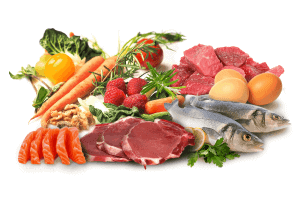
Each diet should be tailored to the individual needs of the body, and weight loss diets are usually only a temporary diet program. The elimination of dairy products from the diet will not serve everyone, and the elimination of gluten will work well for people with celiac disease, and the restriction of sugar for diabetics, but healthy people, using the paleo diet for a long time, can expose themselves to:
- increased blood cholesterol;
- osteoporosis and bone problems;
- deficiency of various minerals, mainly calcium;
- vitamin D deficiency.
The paleo diet is quite restrictive, so it should be carried out under the supervision of a specialist in healthy eating. Using it on your own, without a proper diet and prior tests may not bring the required results.
paleo diet – opinions

Opinions about the paleo diet are varied. Some consider it the best, healthiest lifestyle, others claim that it is not quite so wonderful. Conducted under the guidance of a specialist, it is certainly associated with many health benefits, also allowing you to lose weight. However, it will not be a suitable permanent diet regime for everyone.
paleo diet can be used in the process of losing weight, although you have to reckon with the fact that eating large amounts of meat often hinders rapid weight reduction. It is best to introduce it gradually, in order to get used to giving up grains and dairy products. Any person who wants to try a healthier way of eating, can bet on the paleo diet and see how it works out for them individually.


